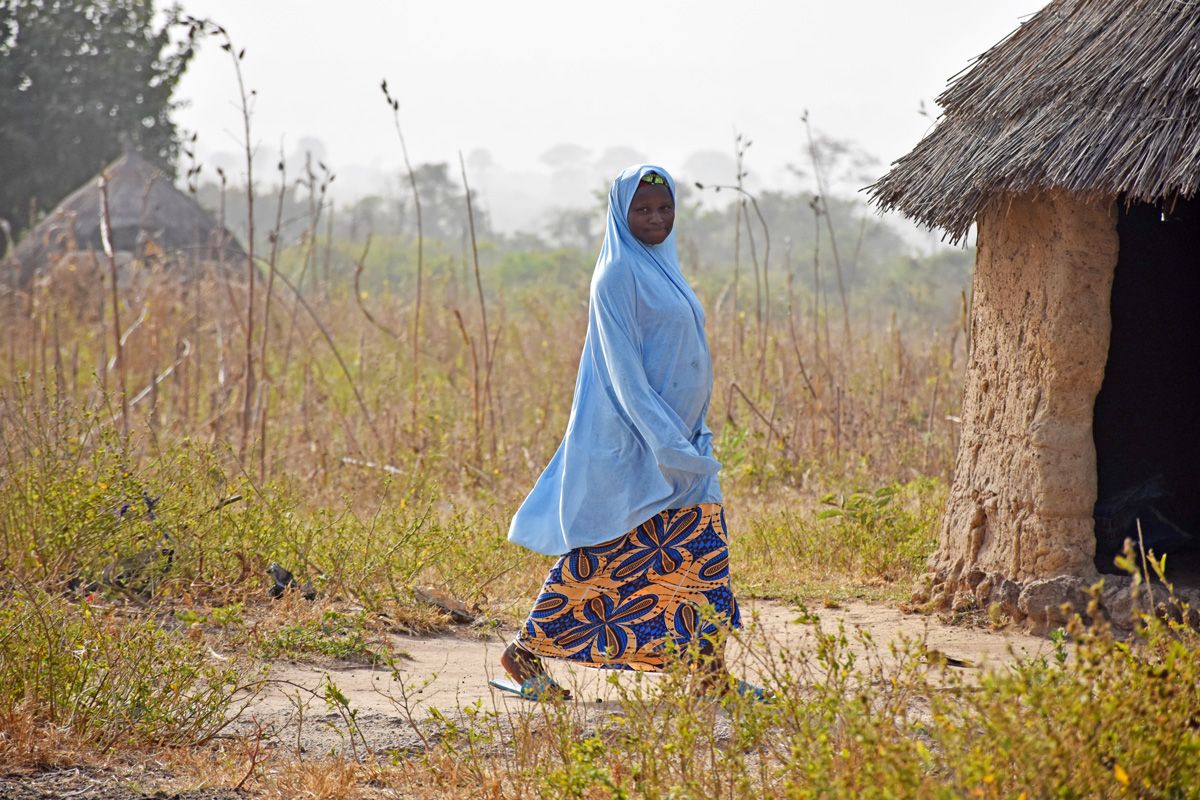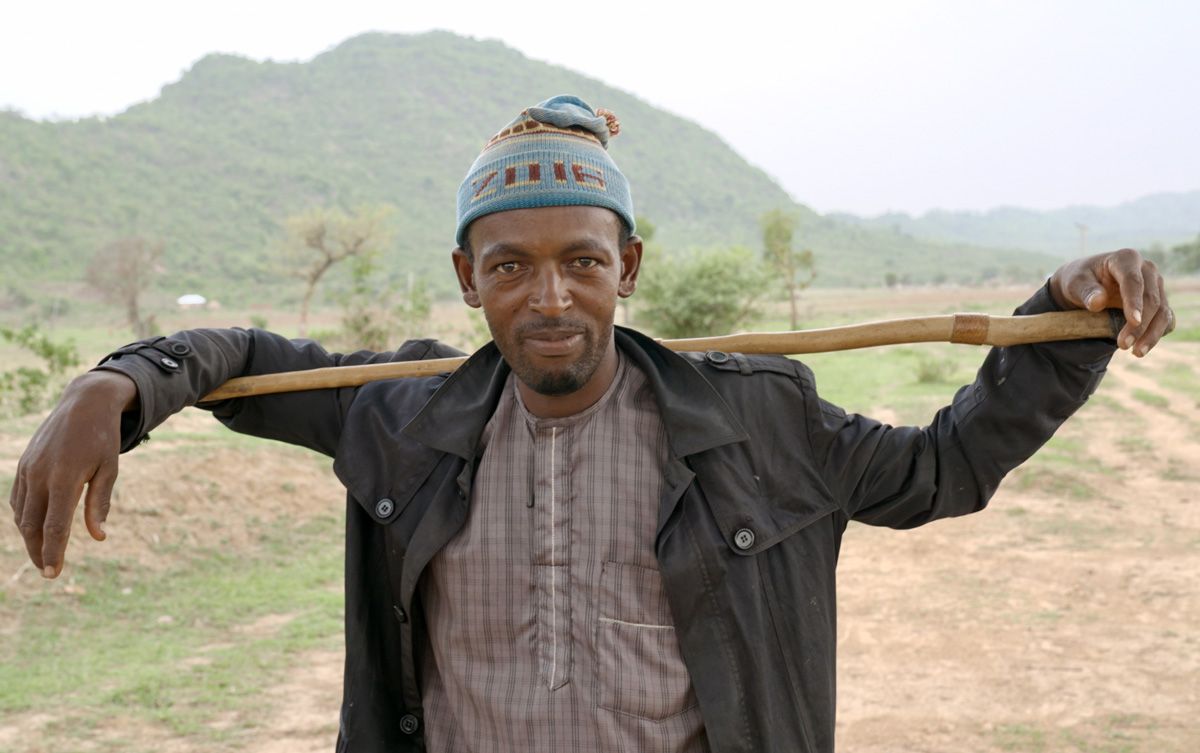
Restoring the tree to a central place in the daily life of Nigerian farmers
Nigeria lost 60 million hectares of primary tropical forest during the 20th century. Today, 5% of the country's forest area continues to be deforested each year. In this context of severe forest loss in Nigeria, Reforest'Action is partnering with local company Green Sahara Farms to put the tree and its countless benefits back into the heart of farmers' daily lives.
Through the development of agroforestry systems that integrate trees around and within farmers' fields, farmers will benefit from the multiple ecosystem services provided by the planted trees, whether economic, such as the diversification of their production thanks to fruit trees and the generation of additional income through the sale of fruit on local markets, or environmental, such as the enrichment of cultivated soils thanks to the nutrients provided by the trees or the provision of a protective canopy to the underlying crops.
The integration of trees into agricultural plots will not only develop and sustain these new agroforestry systems, but also increase the productivity of their main crops, collected by Green Sahara Farms to be sold to local agribusinesses for export or domestic use.
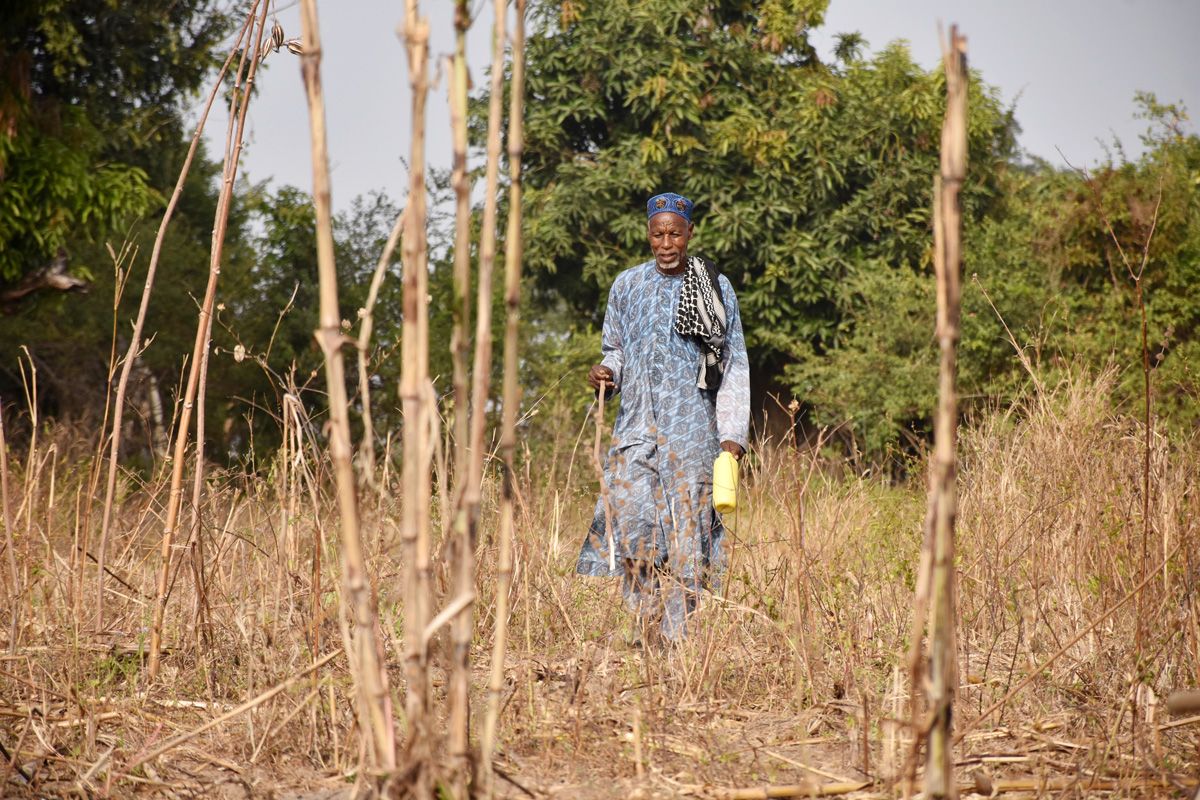
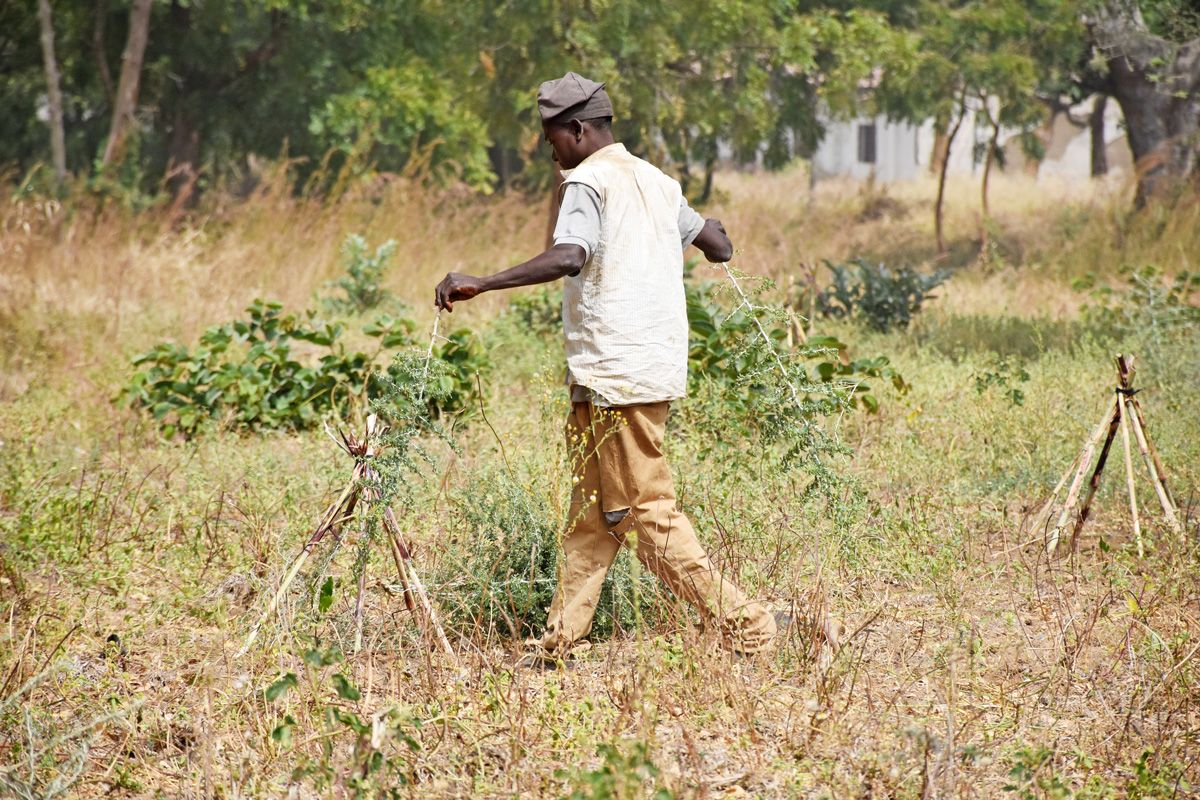
The diversity of tree species guarantees the sustainability of agroforestry systems
Within an agroforestry system, crop diversity has many benefits, including better food security for farmers and their families, diversification of income sources, better distribution of harvesting work throughout the year according to the seasonality of each species, and better response to variations in market demand.
For example, within a cashew field, providing a main crop of cashew nuts that will be aggregated through Green Sahara Farms and sold to agribusinesses, the project will allow for the installation of a multitude of tree species, around and within the field. Among these, the fruit species planted, such as papaya or pomegranate, will eventually provide a secondary crop of fruit for the farmer's personal consumption or for sale in local markets. Leguminous species, such as acacia or blackcurrant, rich in nitrogenous matter, will provide, via their root system, the nutrients necessary for soil fertilization, as well as fodder for livestock. As for the tall trees, such as ficus or baobab, they will provide a protective forest cover over the food crops.
The interaction between the trees planted under the project and the pre-existing agricultural crops will thus be beneficial to production and will gradually lead to an improvement in the standard of living and food security of the associated farmers.
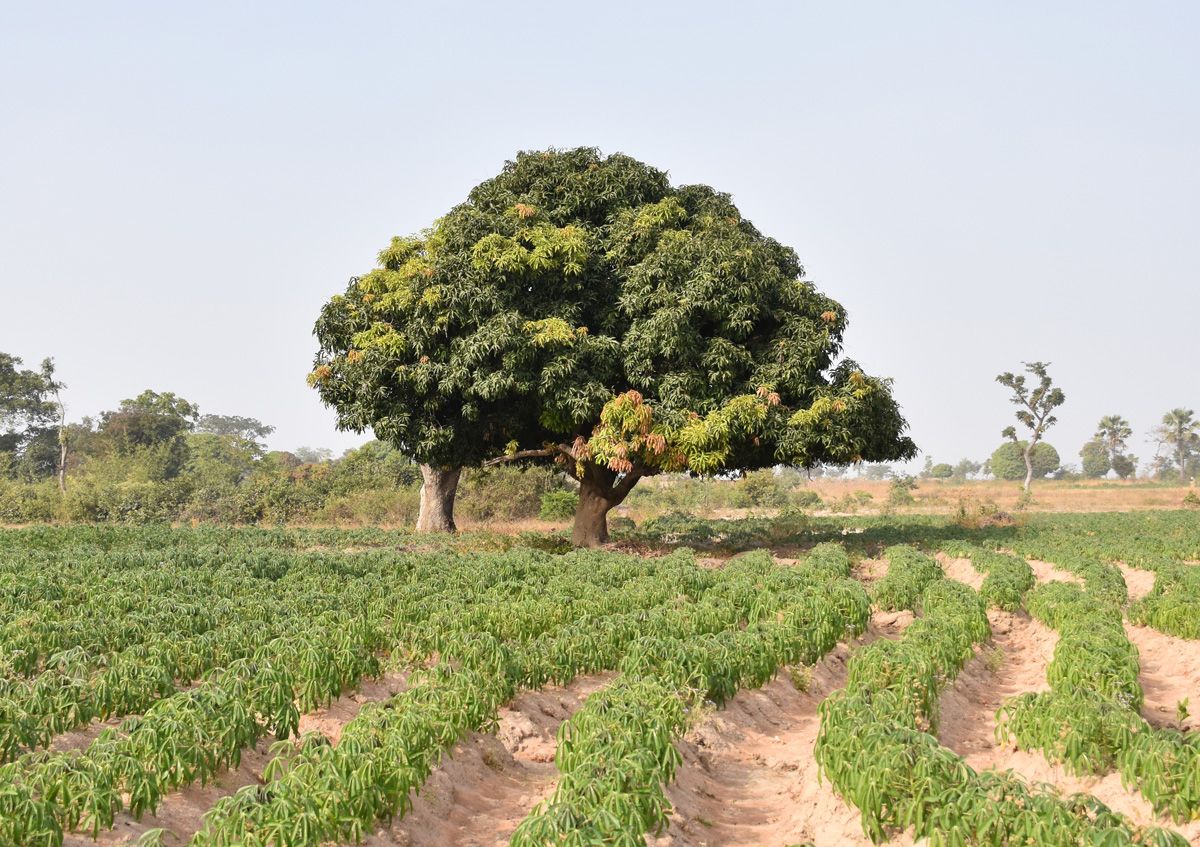
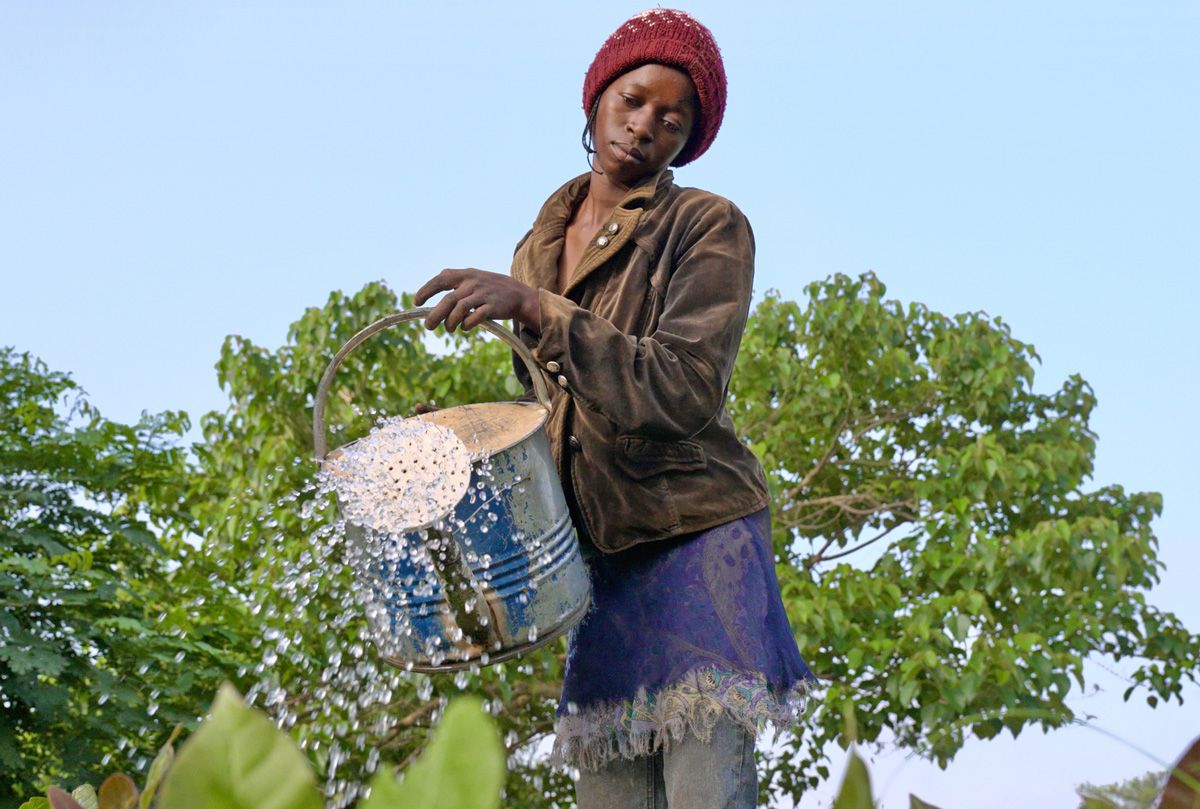
The circular bioeconomy develops food security for the population
This project, developed within the framework of the Circular Bioeconomy Alliance established by His Royal Highness the Prince of Wales, develops a circular bioeconomy based on agroforestry ecosystems. By enabling the sustainable management and circular transformation of biological resources from trees, the project aims to improve the livelihoods of local farmers while conserving natural resources. Suleiman Dikwa, CEO of Green Sahara Farms, testifies to the central aspect of the project, which is the food security of the populations, enabled by the deployment of this circular bioeconomy: "In the light of climate change, food and agriculture are at the center of many of the most important issues we face today. How can we take into account the challenges of preserving natural resources and producing sufficient food resources to meet the needs of our communities? As a company, Green Sahara Farms is committed to ambitious projects focused on the food and agriculture of tomorrow."
